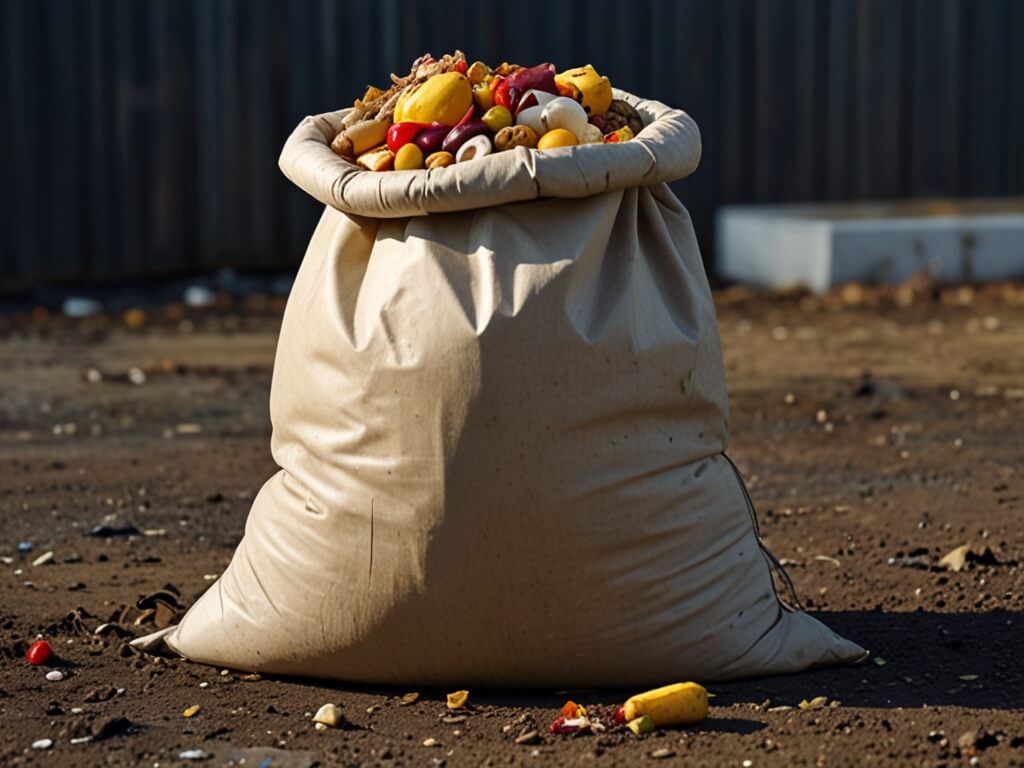Food waste is a significant issue globally, with profound economic, environmental, and social implications. In Nigeria, where food insecurity remains a pressing challenge, reducing food waste is essential for promoting sustainability, improving resource efficiency, and addressing hunger and malnutrition.
This article explores strategies for reducing food waste in the Nigerian food industry and fostering a more sustainable and resilient food system.
1. Adopting Efficient Supply Chain Management Practices:
Efficient supply chain management is critical for minimizing food waste throughout the production, distribution, and retailing stages. Adopting technologies such as cold storage facilities, refrigerated transport, and inventory management systems can help prevent spoilage and extend the shelf life of perishable foods.
Additionally, implementing just-in-time inventory practices and reducing overproduction can minimize excess inventory and food waste while optimizing resource utilization and reducing costs.
2. Promoting Consumer Education and Behavior Change:
Consumer behavior plays a significant role in driving food waste at the household level. Promoting awareness and education campaigns on the importance of reducing food waste, proper food storage and handling techniques, and meal planning strategies can empower consumers to make informed choices and minimize food waste in their homes.
Encouraging the use of leftovers, composting organic waste, and supporting community food redistribution initiatives can further reduce food waste and promote sustainable consumption patterns.
3. Implementing Food Recovery and Redistribution Programs:
Food recovery and redistribution programs can help divert surplus food from landfills and redirect it to individuals and communities in need. Collaborating with food banks, non-profit organizations, and community groups to collect, store, and distribute surplus food can reduce food waste while addressing food insecurity and hunger in vulnerable populations.
Implementing tax incentives, liability protections, and logistical support for food donors can incentivize participation and facilitate the scaling up of food recovery efforts across the country.
4. Investing in Food Waste Reduction Technologies and Innovations:
Advancements in technology and innovation offer promising solutions for reducing food waste throughout the supply chain. Investing in technologies such as smart packaging, food preservation techniques, and waste-to-energy conversion systems can help extend the shelf life of perishable foods, reduce spoilage, and valorize food waste streams.
Also, supporting research and development initiatives focused on developing sustainable packaging materials, food preservation methods, and waste management technologies can drive long-term innovation and sustainability in the food industry.
In conclusion, reducing food waste is a complex but critical endeavor that requires collaboration and commitment from stakeholders across the food supply chain. The Nigerian food industry can make significant strides towards building a more sustainable and resilient food system if we can follow these strategies holistically.







Leave a comment